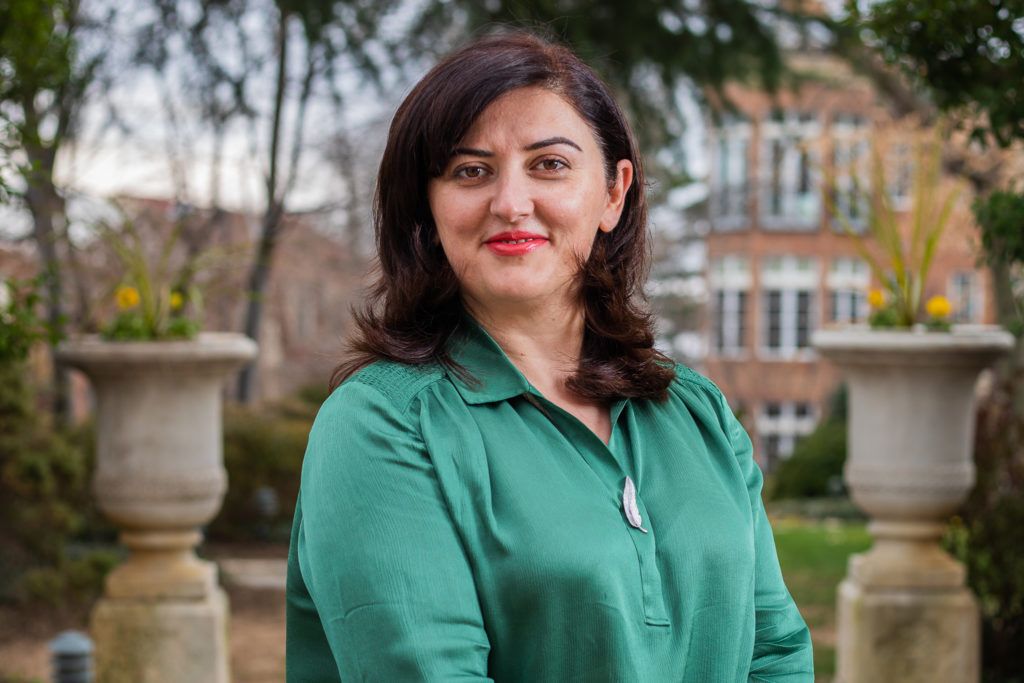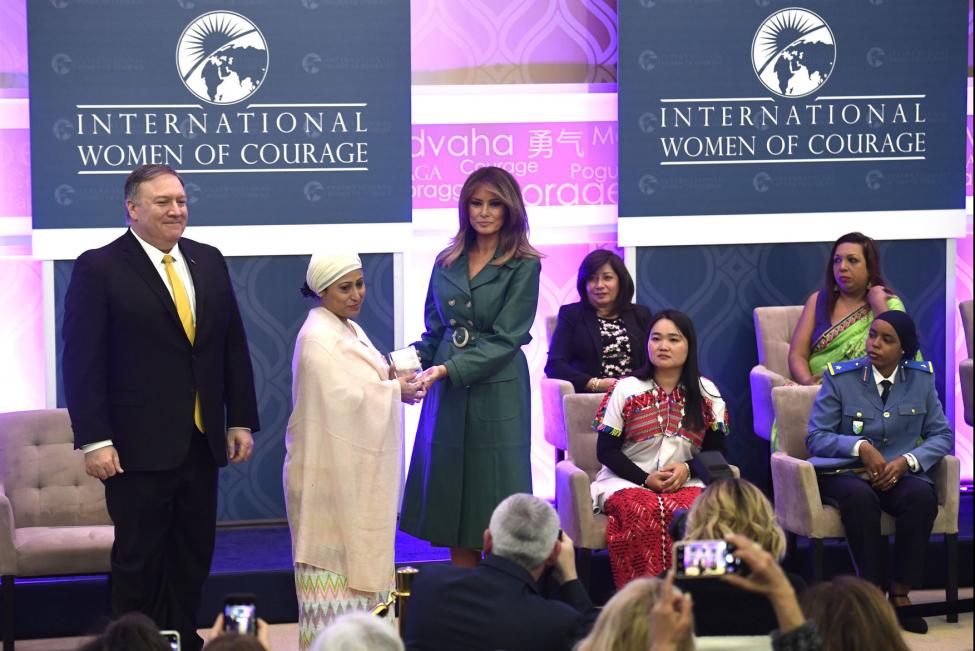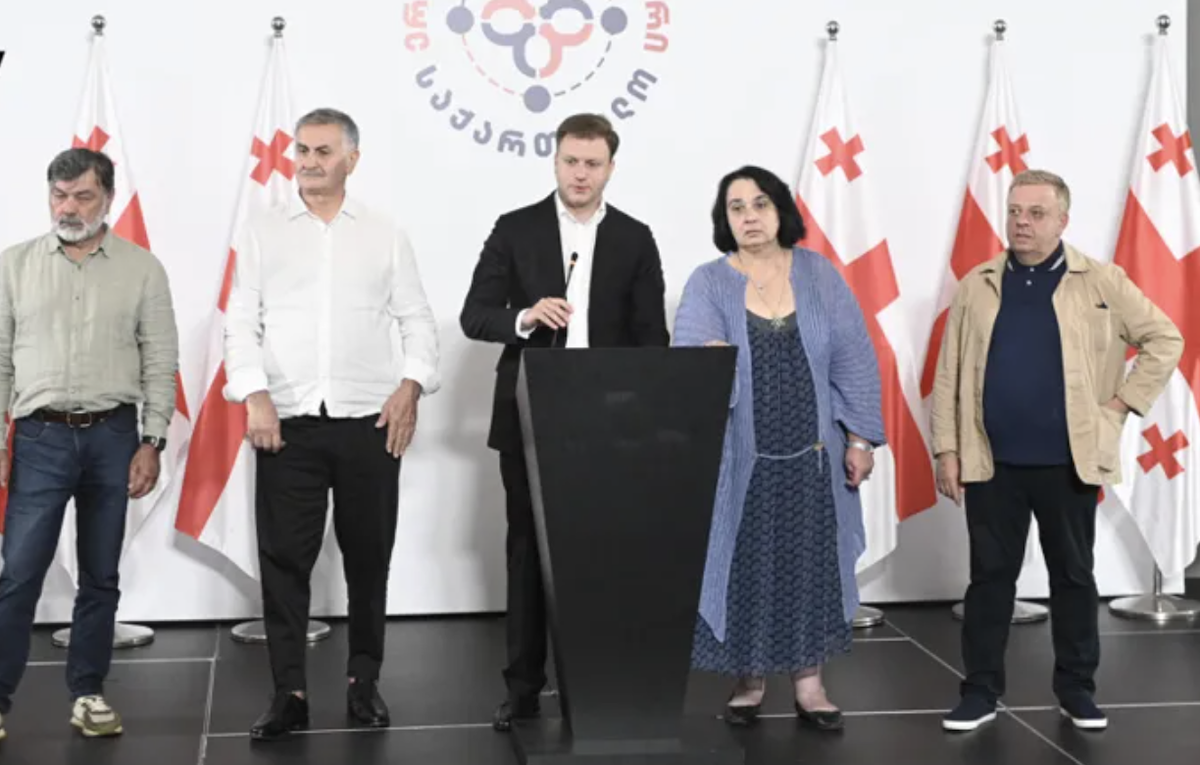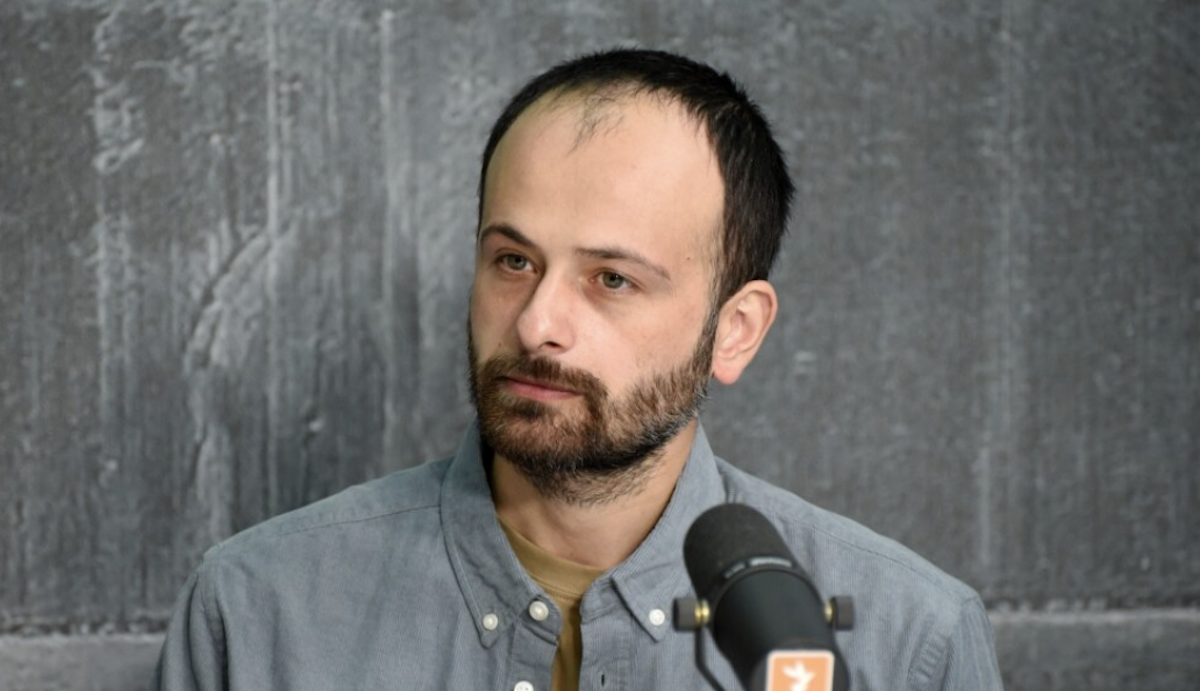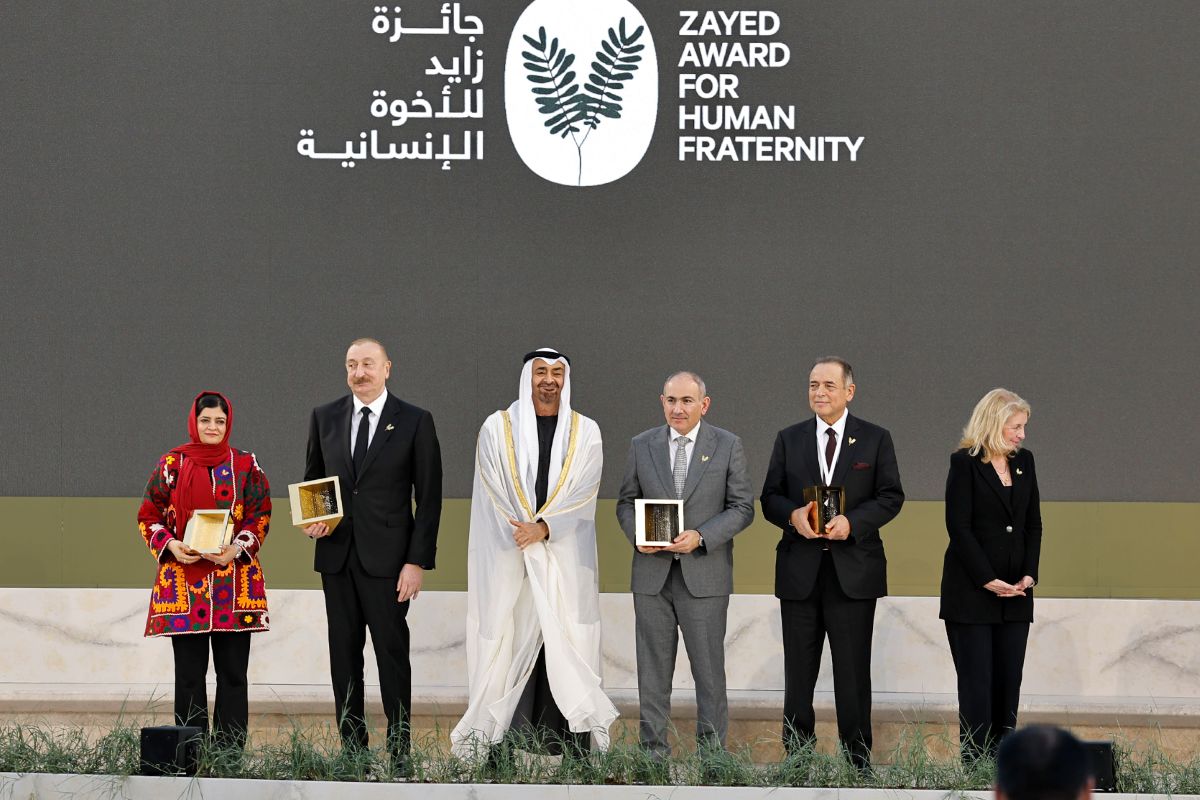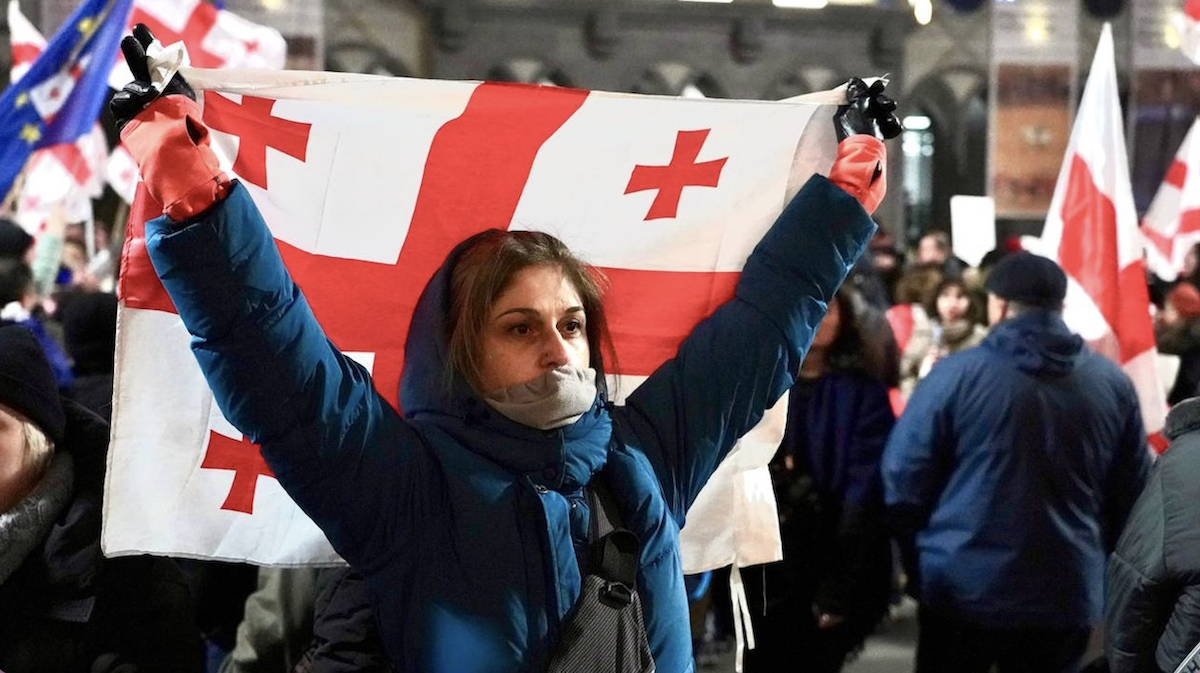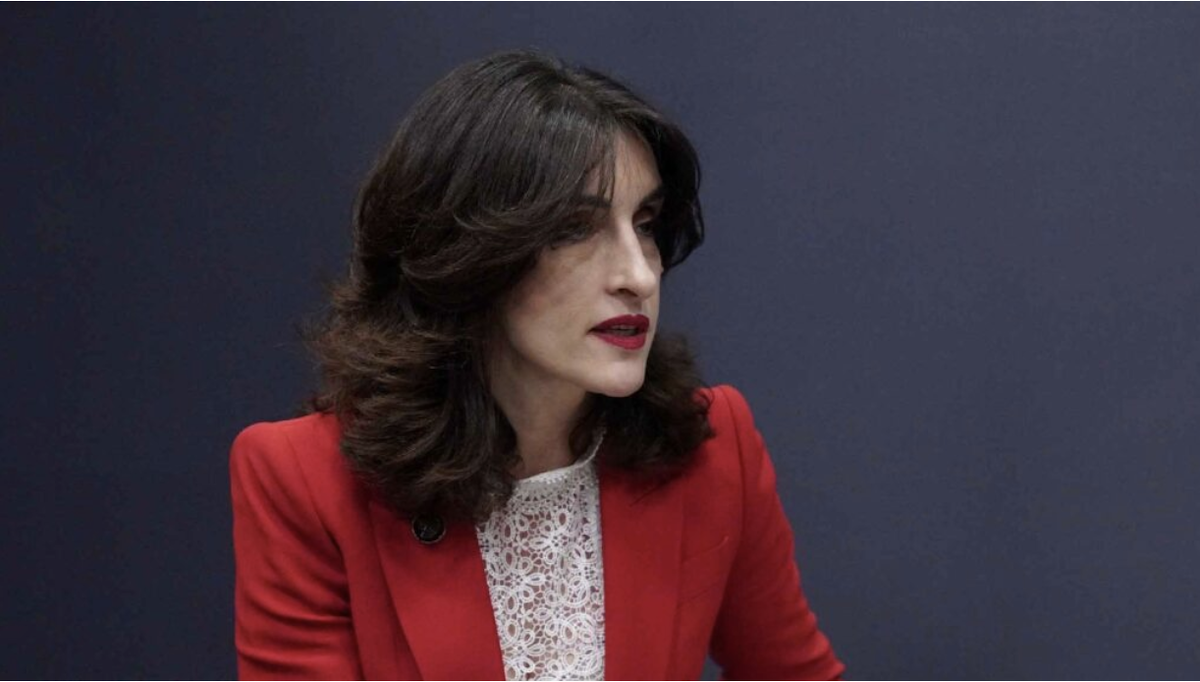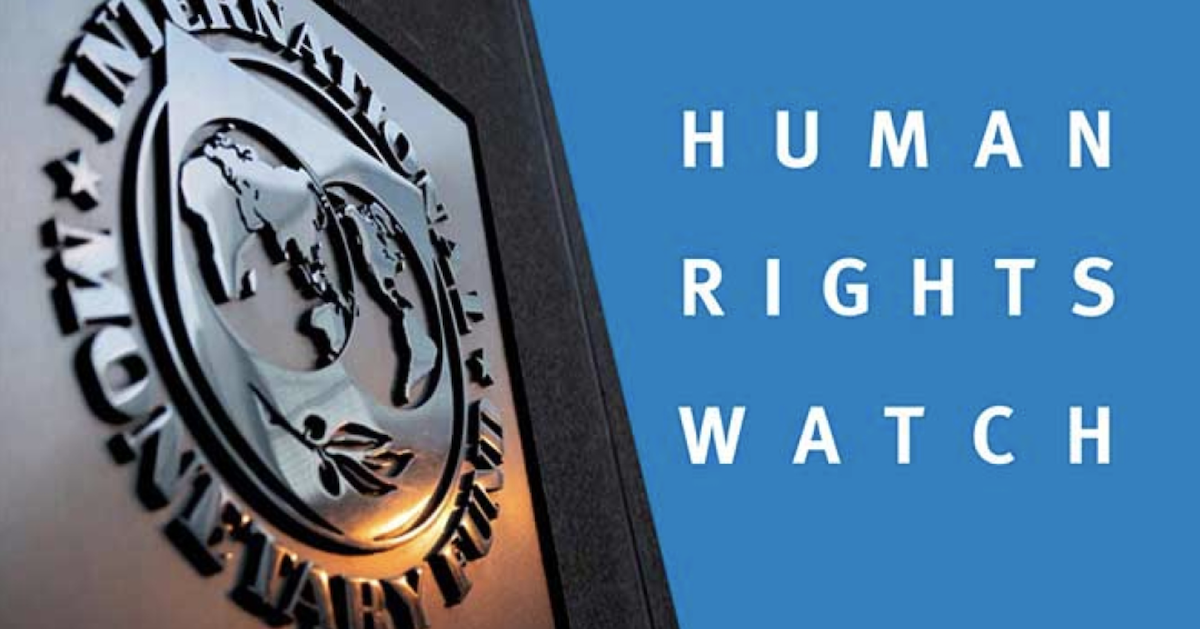Disbarred Azerbaijani lawyer reinstated after repeated demands from international community
The Azerbaijani bar association has reinstated three lawyers who had previously lost their membership. Among them is Shakhla Gumbatova, whom the US Secretary of State Anthony Blinken called to be reinstated in one of his recent Twitter posts.
On May 5, during a meeting of the presidium of the Azerbaijani Bar Association it has been decided to withdraw the lawsuit against Shahla Humbatova. Immediately after the meeting, Gumbatova was informed that she could resume her legal practice.
At the same meeting, lawyers Irada Javadova and Turkel Suleimanli have been reinstated.
In her interview to the Voice of America, Shahla Humbatova noted that her attitude towards the Bar Association’s decision is ambiguous.
“On the one hand, I should be happy about the resumption of my practice, I will continue to work. On the other hand, I am not so happy. Once again I was convinced that this has nothing to do with the laws of my country, but was rather caused by the pressure of international organizations and the government of another country, which is why this is not a happy turn of events”, she stressed.
In March 2021, the head of the US State Department, Anthony Blinken, spoke out in support of lawyer Shahla Humbatova.
“I was alarmed to learn that Shahla Humbatova, winner of the 2020 Women for Courage international award from Azerbaijan, was deprived of her legal status in her work of protecting and upholding human rights. We call for the early restoration of Shahla at work and will continue to support her”, Anthony Blinken stated.
Who is Shahla Gumbatova?
In 2020, Azerbaijani lawyer Shahla Gumbatova was among the 12 winners of the International Women of Courage Award.
This US Secretary of State Award has been presented annually since 2007 to women from around the world who have demonstrated courage and leadership in the fight for peace, justice, human rights, gender equality, and the female empowerment.
Shahla Humbatova is one of the few Azerbaijani lawyers who defends human rights defenders, journalists, bloggers, activists, oppositionists and representatives of the LGBT community who are persecuted by the state for their views or demands for the observance of human rights and freedoms. At the same time, Gumbatova herself regularly faces threats and harassment because of her activities.
Why was Gumbatova disbarred?
Exactly one year after receiving the international award, Shahla Gumbatova was excluded from the Azerbaijani Bar Association. Thus, she was deprived of the right to act as a defense lawyer in courts.
The decision to remove Gumbatova from the collegium was made by the Baku Administrative Court.
Gumbatova believes that such a decision was politically motivated while the bar association justified it by stating that Gumbatova had not paid the bar’s membership dues for six months.
“There can be no talk of independence of the legal profession in Azerbaijan”
Expressing gratitude to the US Secretary of State and a large number of international organizations for their support, Gumbatova spoke about her regret with the state of the legal practice in Azerbaijan:
“There can be no talk of independence of the legal practice in Azerbaijan. My position is an example of this. I was removed by order from the Bar Association, I was reinstated by the same order. In other words, neither the courts nor the legislation play any role here. Therefore, lawyers are forced to work in such an environment, either by putting themselves at risk, defending human rights and laws, and working under the constant threat of losing the status of a lawyer, or they do not get involved in such a practice at all abs fail to protect people persecuted for political reasons, and ensure their safety”.
Over the last few years, independent lawyers such as Namizad Safarov, Khalid Bagirov, Yalchyn Imanov, Intigam Aliyev, Alaif Hasanov, Elchin Namazov, Muzaffar Bakhishov, Annagi Hajibeyev, Irada Dzhavtiyev, have been barred from advocacy because of their participation in politicized trials, such as the case of Aslan Ismailov.










